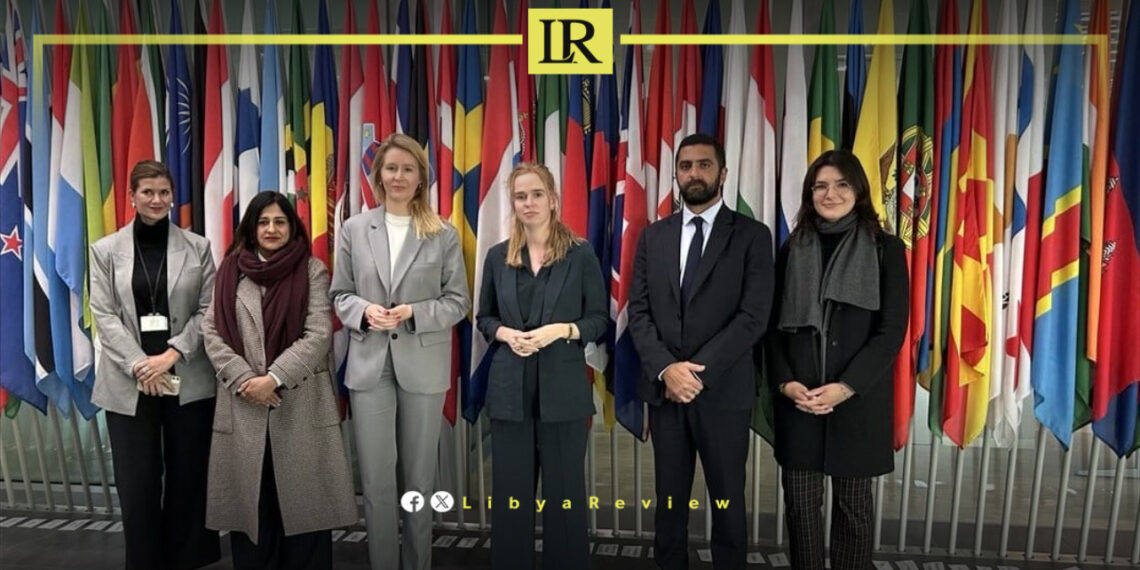On Saturday, the International Humanitarian Law and Human Rights Working Group co-chairs, a key component of the Berlin Process’s International Follow-up Committee on Libya, reaffirmed their commitment to ensuring justice, accountability, and human rights protection as essential foundations for lasting peace and reconciliation in Libya.
Following a high-level meeting with the International Criminal Court (ICC) in The Hague, representatives from the Netherlands, Switzerland, and the United Nations Support Mission in Libya (UNSMIL) emphasized the need for independent and impartial legal processes to address serious crimes committed in Libya.
In a joint statement, the working group fully supported the ICC’s investigations and prosecutions related to Libya. They stressed that ensuring accountability for grave human rights violations and war crimes is not a political issue but a fundamental legal and moral obligation.
The mandate given to the ICC by the United Nations Security Council under Resolution 1970 (2011) plays a crucial role in holding those responsible for crimes in Libya accountable and preventing further cycles of violence.
The statement reaffirmed the necessity of independent, fair, and victim-centered judicial proceedings to uphold justice in Libya.
The co-chairs praised the ICC’s ongoing efforts to bring justice to victims both at the international level and through national judicial processes, stressing that survivors of atrocities must remain at the center of Libya’s transition. They insisted that impunity for international crimes cannot be tolerated and that justice must be served to create a foundation for stability.
The working group called on all UN member states to cooperate fully with the ICC, urging them to facilitate unrestricted access for court investigators, execute existing arrest warrants, and strengthen national legal frameworks to support domestic accountability measures.
This cooperation, they stated, is crucial for ensuring the success of ongoing investigations into war crimes, crimes against humanity, and other violations of international law in Libya.
As Libya moves toward national reconciliation and democratic governance, the international community is emphasizing that justice for past crimes is not a barrier to peace—it is a prerequisite for it. Without addressing past atrocities, the cycle of impunity will continue to undermine Libya’s stability, leaving room for further human rights abuses and conflicts.
The failure to prosecute those responsible for crimes not only weakens the credibility of Libya’s legal institutions but also threatens to derail efforts toward a unified and democratic future.
Libya has faced years of armed conflict, political instability, and human rights abuses, leaving thousands of victims and families seeking justice. Reports from international organizations and human rights groups have documented widespread violations, including extrajudicial killings, forced disappearances, arbitrary detentions, torture, and attacks on civilians.
Despite multiple peace agreements and political initiatives, the absence of accountability has fueled ongoing violence and weakened trust in governance institutions.
The co-chairs of the working group reaffirmed their commitment to supporting Libya in strengthening human rights protections, enforcing international humanitarian law, and ending impunity for perpetrators of war crimes. They stressed that only through genuine accountability can Libya achieve sustainable peace, build strong institutions, and foster trust among its people.


